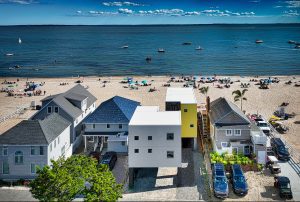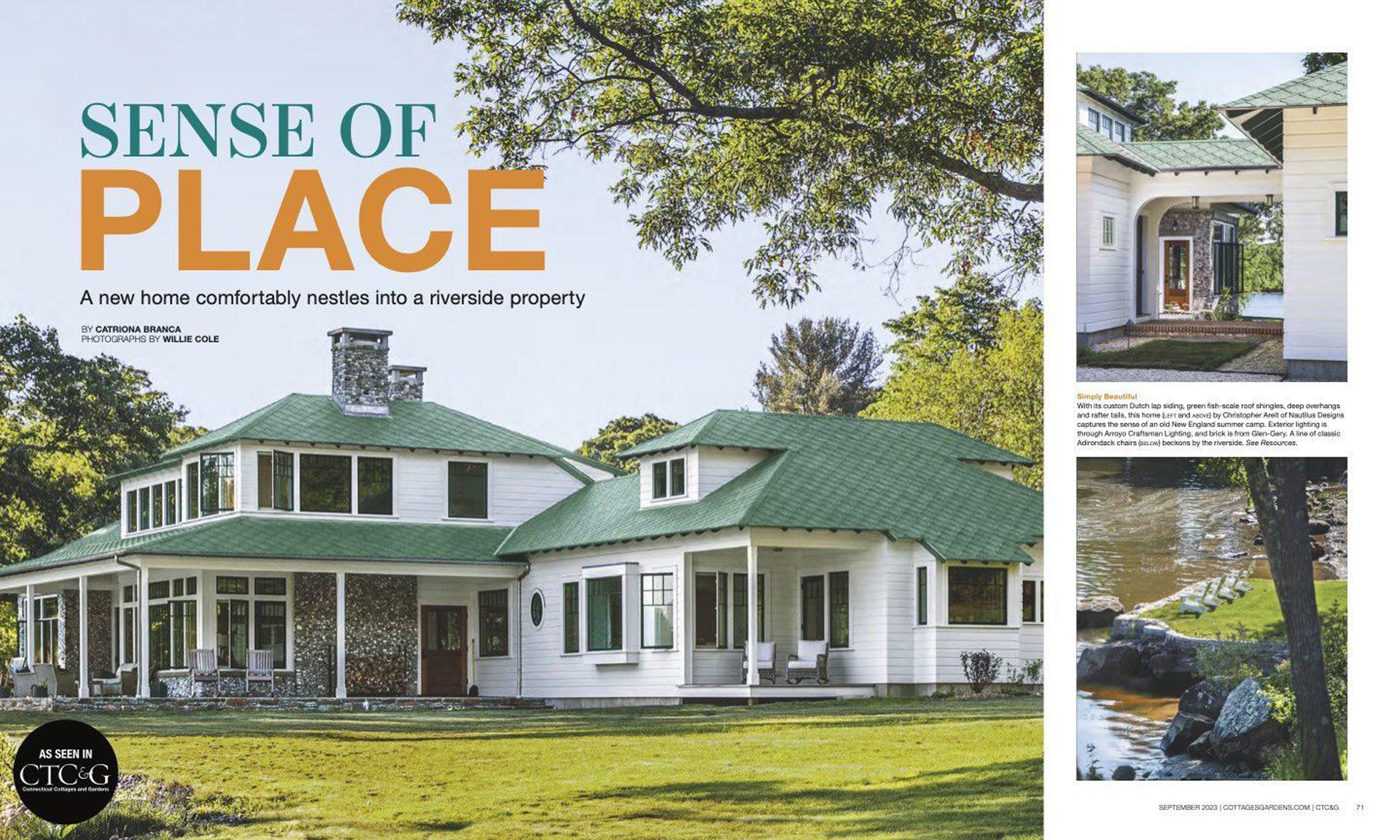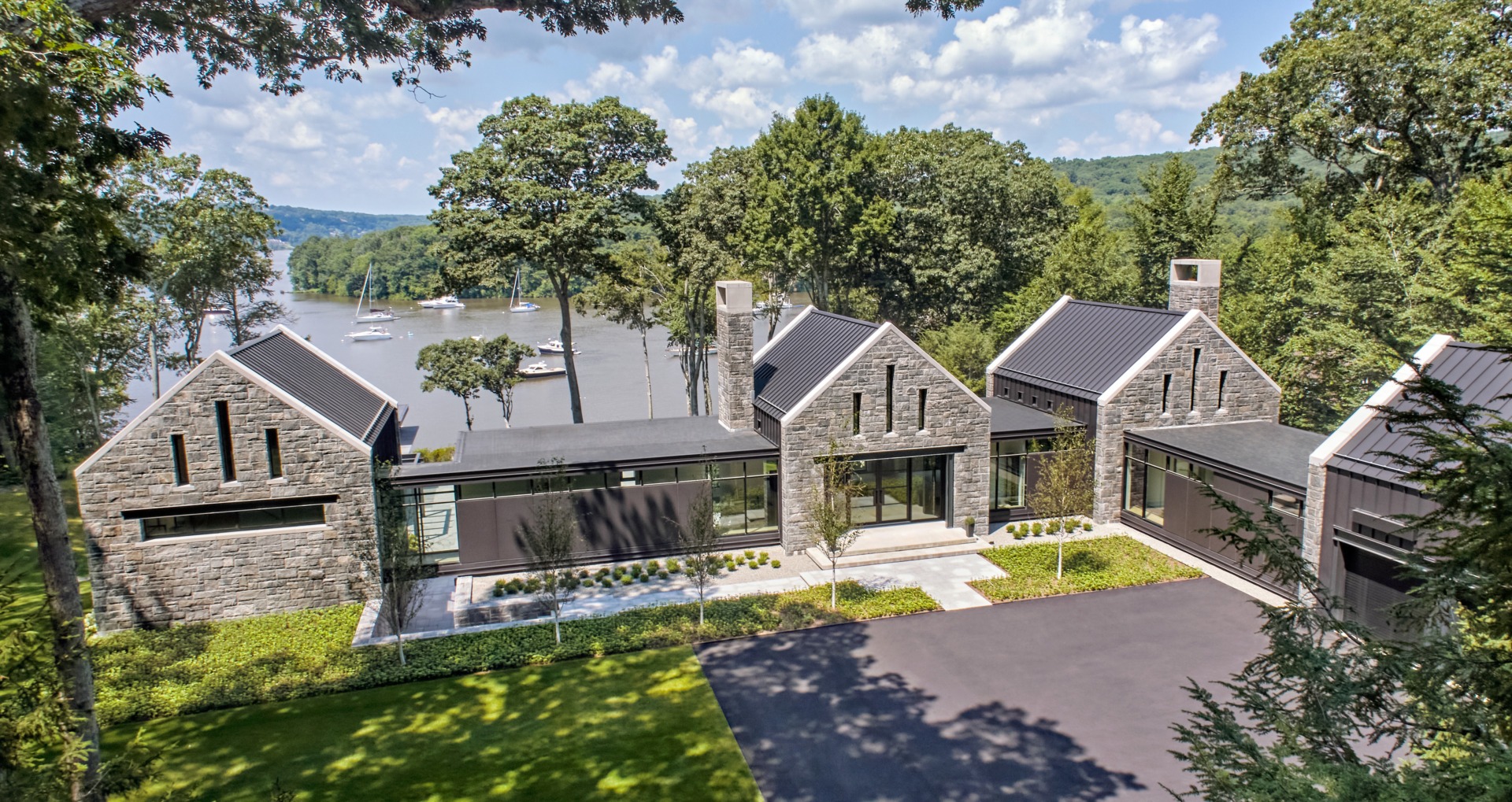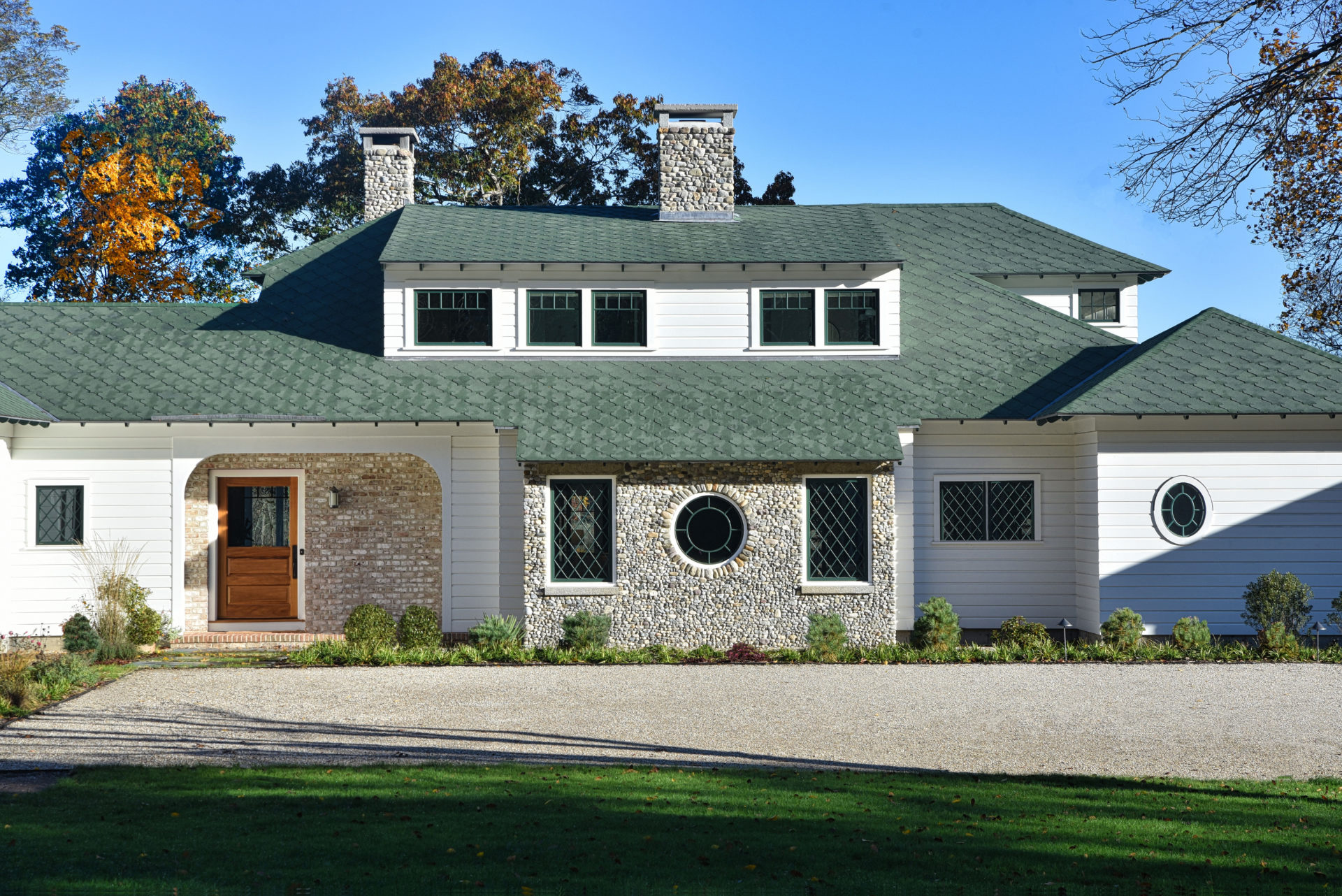CHRISTOPHER ARELT, AIA, LEED AP
We view the practice of architecture as a service and an art and architecture itself as that which both accommodates and inspires. The design process involves collaboration and interpretation, and each design evolves in its own way in response to site, context, program and client. With the important recognition that environment has a profound effect on life, projects are tailored through landscape, building, and interior to fully realize the potential of each situation. Our work is characterized not only by appearance but consistent quality across a range of conditions. We listen carefully to our clients and work with passion to meet and exceed their goals.
Kind Words From Our Clients: Listen Now
Innovation In Design
AWARDS and RECOGNTION



3X Winner and 12X Cottage and Garden Finalist.


STYLE
Does an architect’s work look mostly all the same? If so, chances are good that’s what you can expect for your project. Our work begins with a blank slate and no preconceived ideas, and takes form based on the unique character of each client and site. A perusal of our work and this site is testament to this approach.
CONTEMPORARY architecture breaks with past traditions, styles and standards. Rather than any one value, contemporary architecture is about innovation. Homes designs utilize state of the art materials, featuring glass and metal used in sometimes unconventional ways for a domestic space.
Sustainability is also a concern of the contemporary architect. Rather than ornate dwellings that use resources that are expensive to produce and damage the environment, contemporary designs favor the use of materials like concrete, metal, sustainable wood and often reclaimed existing material for building.
CLASSIC designs are inspired by clean lines, sleek profiles, minimal, but artful details, and open spaces interwoven with traditional elements.
While less sharp and less dramatic than modern styles, Classic homes seek to balance the warmth of the color palette with crisp lines.
A connection with the outside is another Classic design essential.
Courtyards, covered outdoor rooms and balconies are central to the way the home is organized and they are integrated into more than just one area of the home or one level. Natural light is crucial to Classic design plans — windows that wrap around corners and transom windows that float above a room are used liberally.
COASTAL award winning home designs for unique building sites that exude serenity and eternity.
Old Lyme, Connecticut

Mount Desert Island





